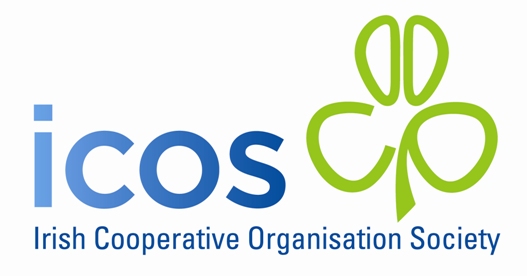ICOS supports call for closer dialogue with EU Commission on key legislation

31 organisations, representing all the leading organisations of the food chain in the EU, have sent a joint letter to the European Commission asking to be more involved in the building process of the Farm to Fork flagship initiative: the legislative Framework for Sustainable Food Systems (FSFS).
COPA-COGECA are among the organisations to sign the letter which represents farm organisations and co-operatives from across Europe including ICOS.
In their joint letter, the signatories highlighted their worries about the limited ongoing dialogue and called for further involvement between the EU food chain and the European Commission to ensure the successful establishment of the new EU framework legislation (FSFS). Considering the ambition of FSFS to accelerate and facilitate the transition towards sustainable food systems, such a dialogue is key.
The signatories highlighted the necessity to provide a more precise scope for the framework too. To be effective, FSFS cannot disregard the diversity and ground realities of the agri-food chain, its products, and processes to enable all players to deliver. In this regard, a clear definition of sustainability, keeping a balance between its three pillars, would go in the right direction.
In a statement, COPA COGECA said: “Policy coherence will be fundamental for the popularity of FSFS. The proposed legislative framework will have to avoid duplicates with already existing legislation, ensure an interdisciplinary approach and involve all the relevant Commission’s DGs. Trade and the international dimension of sustainability will have to be considered accordingly. A high level of EU harmonisation is necessary to avoid the fragmentation of the EU market.”
The signatories also all agreed to reinforce the fact that any sustainable food system should also ensure food security (including food availability, affordability, and accessibility) and nutrition security.
“Given the complexity of the FSFS framework, there is a clear need for a proper assessment of its potential associated costs and of supports for the transition. Such an assessment cannot be made without the involvement of all players involved in the agri-food value chain.”